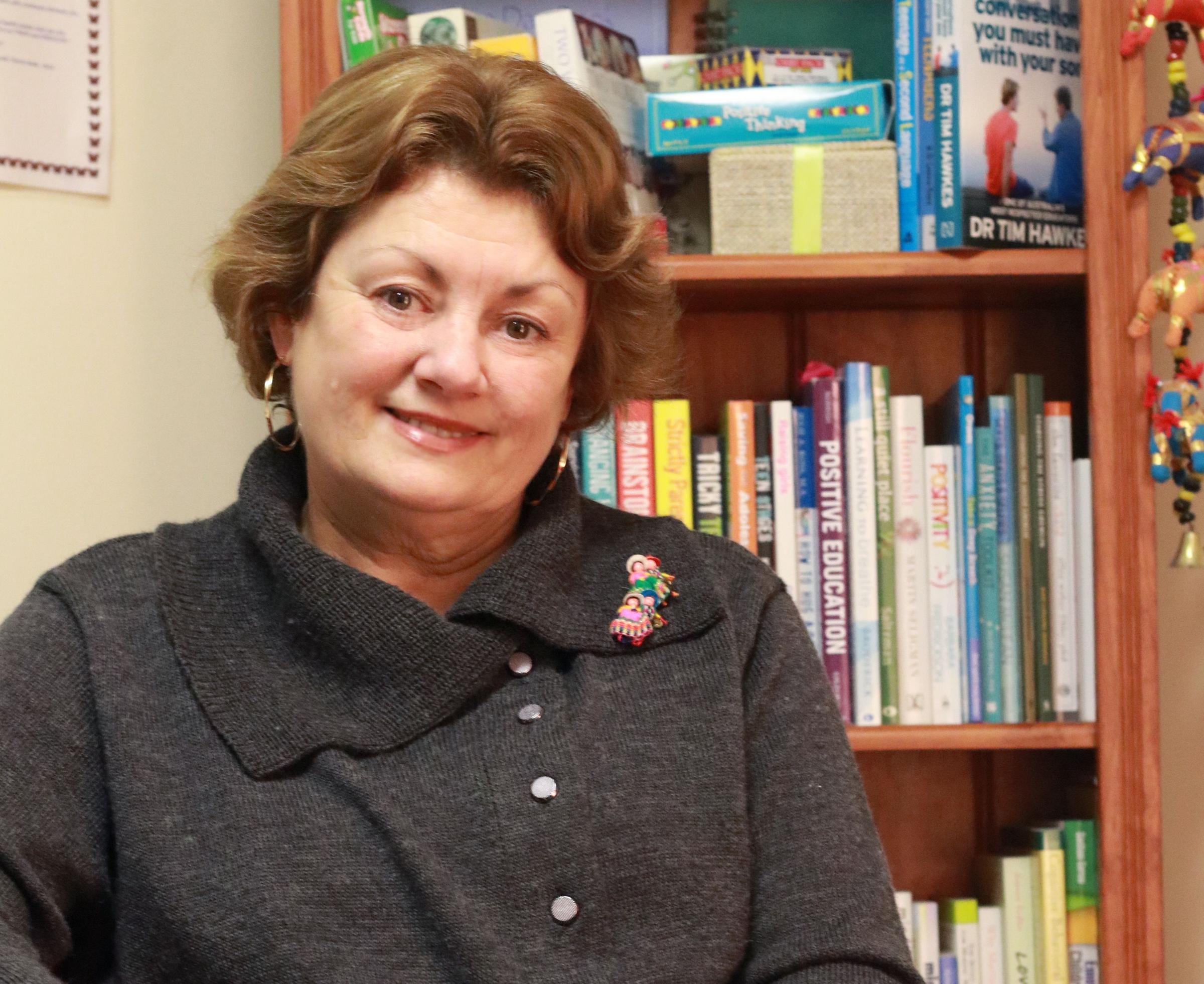Wellness

Teen Friendships
In the Anchor recently, I wrote of how fortunate I was to have viewed an excellent webinar from Linda Stade and Michelle Mitchell, entitled Helping Your Daughter Navigate Friendships. Linda Stade is a respected figure in this space and can be further researched here. This webinar investigated Relational Aggression among girls and the importance of the power of the need to belong. Linda Stade addressed her presentation to parents. She observed that the enormous need to fit in socially can trump an individual’s empathy and kindness, as establishing one’s power in the social hierarchy is the primary need. The link above elucidates this clearly. See below Linda’s Healthy Friendship Manifesto. Further investigation into Linda Stade’s website offers the free subscriptions, downloads and regular columns. You’ll find articles covering a variety of topics:
- Friends and Frenemies
- How to respond to your child’s friendship issues
- How to promote empathy in your child
- Tips for talking friendships
Specific information on Relational Aggression and how to manage it can be obtained here.
Michelle Mitchell offered her wise mind approach in the second half of the webinar where she directed her information to the girls via offering a framework or a thinking companion for girls which includes the importance of such practices as pushing back with truth, being honest, perspective taking. Michelle Mitchell offers more wisdom for middle schoolers on her website here.
While the webinar was aimed at parents of girls, the content of Stade’s manifesto is relevant for building relationships regardless of gender; indeed these considerations apply to all developing humans as they navigate their pathway through adolescence.
Maggie Dent, well known as a parenting specialist, offers some golden tips on male friendships in From Boys to Men. Maggie has also developed a loyal patronage who follow her Parental As Anything podcast.
The links below from Family Education and Berkeley University provide further relevant research on boys’ friendships:
Ms Sheryl Moncur | Counsellor
Friendship Manifesto by Linda Stade
- Friends are valuable but they are not possessions. I will not stop my friends from having other friends and I will always leave myself open to making new friends. New people can bring a whole lot of wonderful into our lives, without taking anything away from existing relationships. Love is not a limited resource.
- I will support my friends as they grow and develop. I will not feel threatened or hold them back, I will cheer them on and celebrate their successes. I will also acknowledge and embrace the changes in my own life.
- I will communicate clearly and honestly with my friends. They can’t read my mind and I can’t read theirs, so we will talk and listen openly. I understand that sometimes conversations will be uncomfortable and that’s okay.
- Differences are important. My friends and I are separate people and we need our own space to be ourselves. My friends can have their own opinions, their own quirks, and their own way of seeing the world, and so can I. Friendships that allow us to be our most authentic selves are spectacular!
- I understand that we all make mistakes. I will not throw away a friendship over one disagreement. If the friendship is a positive relationship overall, we will commit to communicating, healing, and moving forward.
- I am complete; I have all I need and so do my friends. Our friendship is a choice that brings joy and value to our lives. We are not dependent on one another for our happiness. I will be empathetic and supportive without taking responsibility for all of my friend’s feelings and problems.
- Not everyone is my friend because friendship is special, and I get to choose my friends. However, everyone deserves respect and kindness. I will never flaunt my friendships in order to make someone else feel inferior or hurt.
- I will not take my friendships for granted. My friends deserve loving, caring behaviour. I will not ridicule, gossip or undermine them. I will also try to stand up to other people who treat my friends badly.
- If I ever feel as though one of my friends needs help or is in danger, I will seek help. It may upset my friend, but their safety and wellbeing are worth more than anything. Sharing trust means more than keeping secrets. It means trusting friends to steer you in the right direction when problems arise.
- I will be honest in my assessments of my friendships. A one-sided or unhealthy relationship is not good for me. I will ask myself:
* Do I like myself around this friend?
* Do we both make an effort to be empathetic and support one another?
* Am I able to be myself or am I having to pretend in order to make the friendship work?
